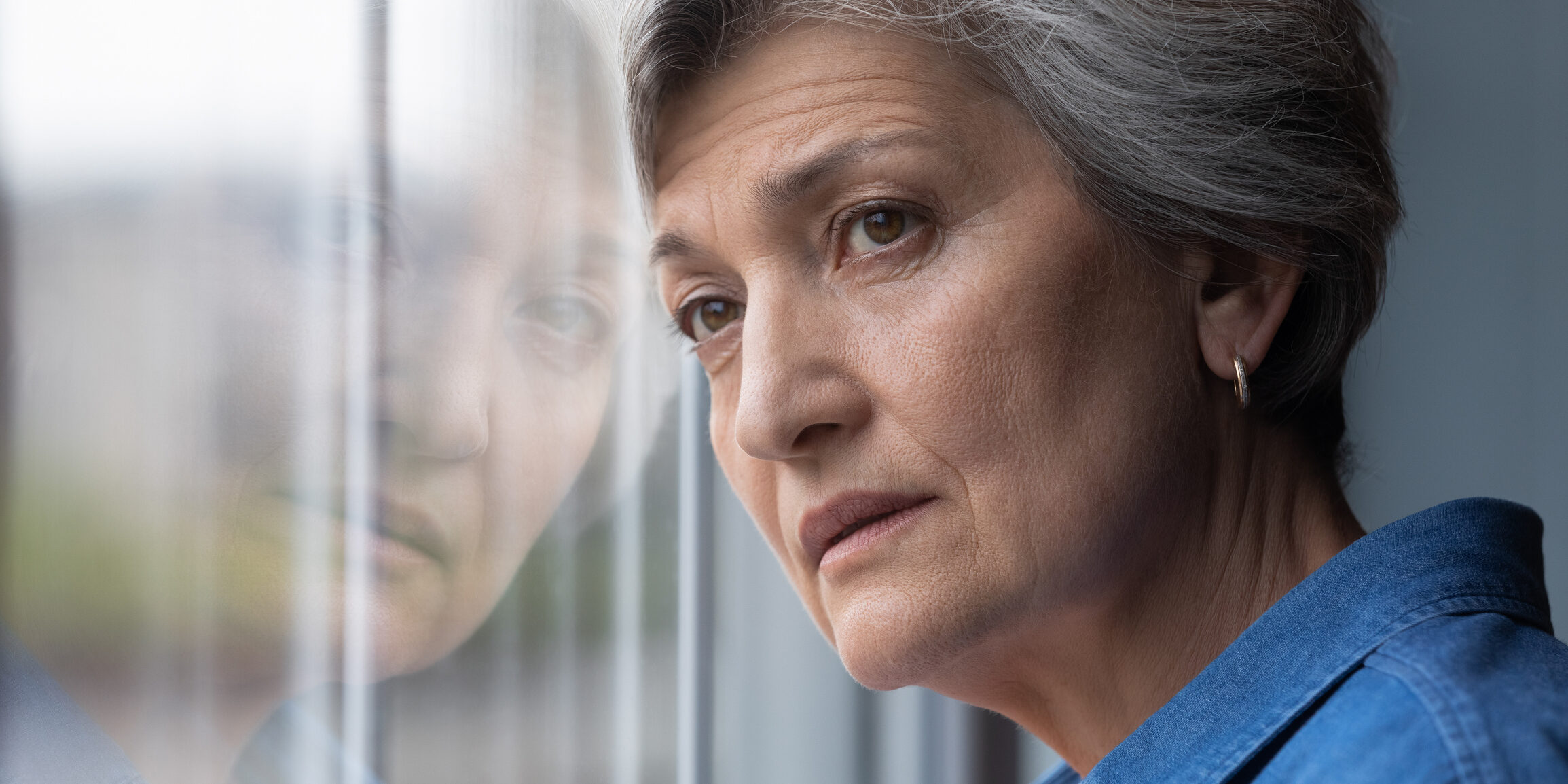“Old age comes at a bad time! When you finally know everything, you start to forget everything you know.” (source unknown)
The Grand Dame of our family (we’ll call her “Ella”), 93 years old, has had a rough past five years: She has broken both hips, broke her foot, suffered some mini-strokes, has had recurring urinary tract infections, and received a diagnosis of Alzheimer’s disease that has slowly progressed. Honestly, the situation has been miserable for Ella and the family.
After several recoveries in short-term medical rehab facilities, and with much resistance on her part, we got her into an assisted-living facility for about 10 months. We thought she might engage with other residents and the frequent social activities, but she did not. Of course, sadly, her hearing loss and refusal to wear hearing aids (“they mess up my hair”) contributed to her isolation.
Last month, due to her declining mental capacity, she was unceremoniously told to leave the assisted-living arrangement (as in move out that day). While the execution lacked dignity, we understood the facility’s decision. At this point, she has lost the ability to bathe herself, use a telephone or TV remote control, take medications, etc. It is a miserable circumstance — Ella does not recognize her incapacity with activities of daily living, but she still recognizes family members, can dispense a sarcastic zinger, and she can still entertain us with stories of long ago.
My wife is charged with Ella’s care management. She hasn’t been home in five weeks as Ella lives two hours away from us. Most of the past month has been spent analyzing “What next?” for Ella’s living arrangements, medical needs, and her limited financial resources.
Can we find 24-hour care at home for Ella? How would it be paid for? Could we accommodate her in our own home or another family member’s home? Could she be well-cared for and safer in a memory care facility? How would that level of specialized care be paid for? Should we sell her house and acreage now? She finds such solace in sitting on her porch to watch the deer and wild turkeys make their rounds. What about Medicaid benefits? Has she optimized her VA benefits as a veteran’s widow?
Beyond her noncompliance and general cantankerousness, everyone in the family loves Ella. She is deeply revered. The situation is emotional misery. What to do? How to do it? How to support Ella’s emotional quality of life as her physical and cognitive capacity deteriorates. Argh. How did my wife get stuck with this weight?
So here is my question for you: Who or what will carry the weight of your elder care some day? Will the weight fall on a well-considered and well-executed plan of your design? Or, will your family members be scrambling to take care of you? It is never too early to start planning for this statistically probable situation. My advice: Talk to your insurance consultant about what is or can be insured.
Work with an attorney to execute an estate and elder care plan. Consider your “what if” housing options for mental or physical disability. Can you realistically “age in place”? Could you live with another family member? Are your options limited or expanded by your financial resources? Explore the resources at the Alzheimer’s Tennessee website (alztennessee.org). Most importantly, talk to your family. Have the difficult conversations about your future.
This experience has appropriately got me thinking. I don’t ever want to be a burden on my family. Even if faced with difficulty, I wish to carry a positive attitude into these life decisions. Misery is not always a choice, but we can try to choose better. Think about that sooner than later.
Recently, I cleared the overgrown driveway at Ella’s rural home. The next day I had about 40 chigger bites. The itching was miserable. I got off easy.
This article originally appeared in Knoxville News Sentinel online June 24, 2022.




